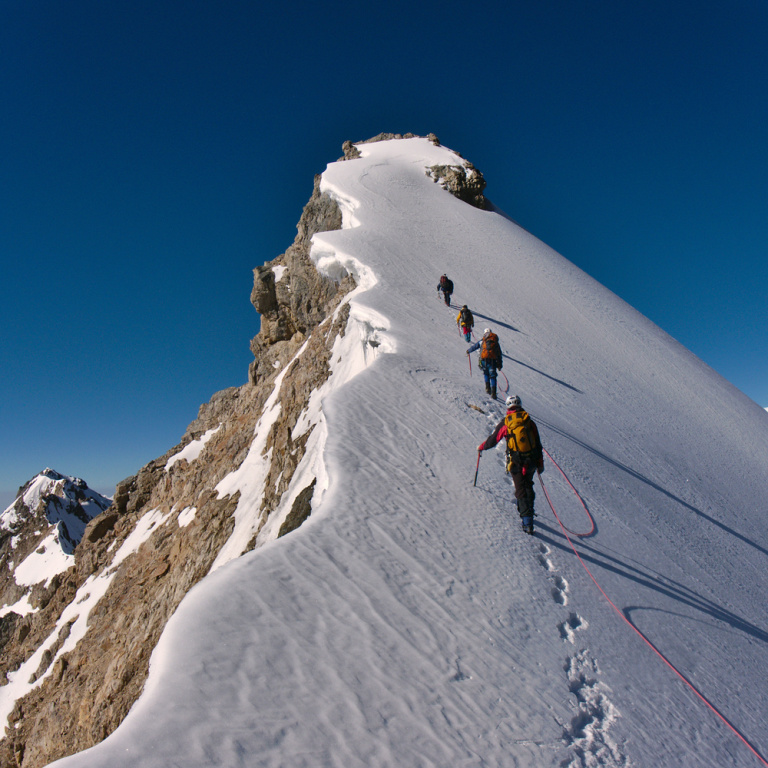How Work Life Balance and Thriving are Different

Some are saying out with the old and in with the new. Before the pandemic, consultants were working with business to help workers realize more free time. During the pandemic, everyone was at home so it seemed the work life balance conundrum was solved.
Amazingly, it became more of a problem because there was no end of the day and going home. What did seem to follow was a realization that more was needed than just time off work to spend at home. Spending time at home was not the answer although many like it so much they don’t want to return to the office.
Work Life Balance Has Evolved to Finding Happiness with All Our Time
Now time away from the office although the practice is diminishing in many organizations is more about how to make a whole life seem more compelling. Other than time away from the office, what makes work and personal lives everything workers expect.
The process work life balance did not include was that of self-actualizing. Happiness is the process more than the achievement. Nature built happiness into our DNA and thriving as well. She wants us to be happy and it is natural to us. To stimulate this happiness is actually the process of self-actualizing; the act of becoming better.
Early Man Was a Good Example of Living to Thrive
In early man, the happiness process was a survival process of hunting for food, procreating, forming community, and protecting and caring for others. In order to induce man to follow these behaviors Nature rewards us with hormones and neurotransmitters that support the activities and make us feel good about each one. We feel so good we want to return for more.
The neurotransmitters and hormones of happiness include dopamine, serotonin, oxytocin, and endorphins. Modern man can get daily doses from learning, creating, contributing, caring, protecting, and exercise. The right activities can be built into daily routines so that the brain feels we are flourishing. These are the activities that will help us survive, thrive, and build stronger next generations.
Early man didn’t waste time nor have labor saving devices. He had much more solitude. He didn’t have distractions and enough security to ever slow down. He was continuously trying to improve his circumstances. The fact he evolved from hunting and gathering to farming and animal husbandry shows the effort and innovation to create a steady food supply. His biggest problem had been starving in the winter.
Solving the Modern Day Problems with the Correct Behaviors
What are modern man’s problems? We think it is salary because this is the substitute for hunting and gathering. With salary we can buy food. Many are beyond worrying about food, shelter, transportation, and creating security for our families. Yet the need to provide more is still present because of changing economic conditions, competition, innovation, and inflation.
Now we have to become better in the modern ways to create security and have enough time for growth and health activities to thrive. This is as much about goals and time management as anything else. We have enough time in a day to thrive. We have to understand the right activities to pursue and get support from all those demanding our time.
To stimulate the brain and body toward thriving we need to stimulate those happiness brain chemicals of growth. Key are challenge and risk. Nothing stimulates our brain like challenge and risk is the fun part that makes the challenge meaningful to us.
Who Has the Greatest Feelings of Thriving?
Stephen Kotler in his book the Rise of Superman chronicles how extreme athletes pursue life threatening endeavors for the feelings they experience. They are adrenaline junkies, but they are really pursuing the experience of flow and peak performance. Passion is a tool in their arsenal. Dean Cotter, soloist rock climber, says I engage for the feelings not to get on top of rocks.
That is what we want in our daily lives to feel we are thriving. We want the thrill of the hunt. We want to grow our capabilities to increase our opportunities to make bigger choices. This process will stimulate all our happiness brain chemicals. We want to make bigger contributions because that is where we improve and discover our value and this too stimulates happiness brain chemicals. We want to find our purpose and who we are.
We need to take our bodies along. The brain and body work in concert to provide optimum health, energy, well being, and longevity. All the processes for improving our body stimulate happiness brain chemicals. Many people are passionate exercisers because it has so much meaning for health, well being, and spirituality.
Growing is where thriving thrives and all those activities to improve our contribution, build our community with better relationships, care and protect those we love, and build our bodies will give us the feelings at the end of the day that that was a good day.
***
Great practices for daily living can be learned with the Markap Series of Books. If your organization would like live presentations or Zoom meetings, they can be arranged for small to large groups.
The Markap Books:
Self-Leadership, Gratitude, Happiness, and Start Now
See Books on the Home Page
Contact me at Mark@markap1.com